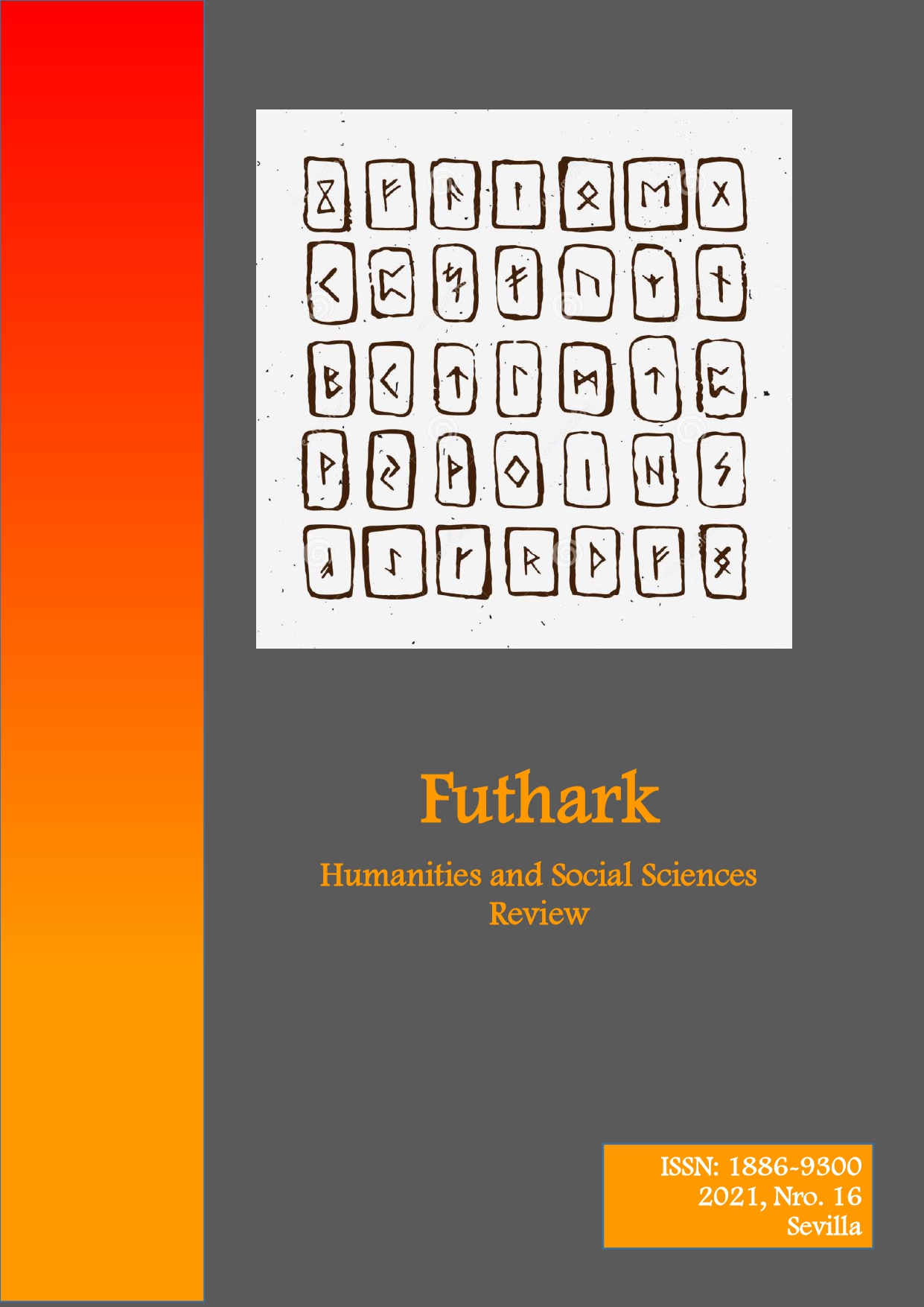Análisis semántico modal del piropo: un estudio de caso en hablantes cubanos
DOI:
https://doi.org/10.12795/futhark.2021.i16.12Keywords:
piropo, categorías semantico modal, violencia verbal, cortesía verbal, CubaAbstract
This study is aimed at examining semantic-modal characteristics of catcalls among Cuban speakers, from a cognitive-functional approach, and hence establishes what modal categories do not match the semantics of utterances. Stated differently, the analysis allows for a better understanding of catcalls as a communicative tool towards verbal violence and gender inequality. This binary function stems from the correlation among communicative goals, literal or symbolic semantics, and sociolinguistic and anthropological variables. To carry out the research study, a corpus of 80 compliments has been elaborated, based on anonymous questionnaires completed by Cuban speakers. The resulting data has been itemized according to the conceptual framework of semantic modality (Caballero 2014). Also, various group debate sessions have been held to observe participants’ attitudes in specific communicative situations in which catcalls constitute a speech unit. Findings suggest that catcalls do not possess a specific category, but that of valuation stands out as the most frequent one. The use of metaphors and hyperboles shows that male users, who presuppose female hearers as naïve participants, are generally characterized by insincerity. Catcalls have been assimilated, at least within the Cuban cultural framework, as an apparent strategy of politeness, thus causing male participants not to recognize the threatening traits of such compliments.




